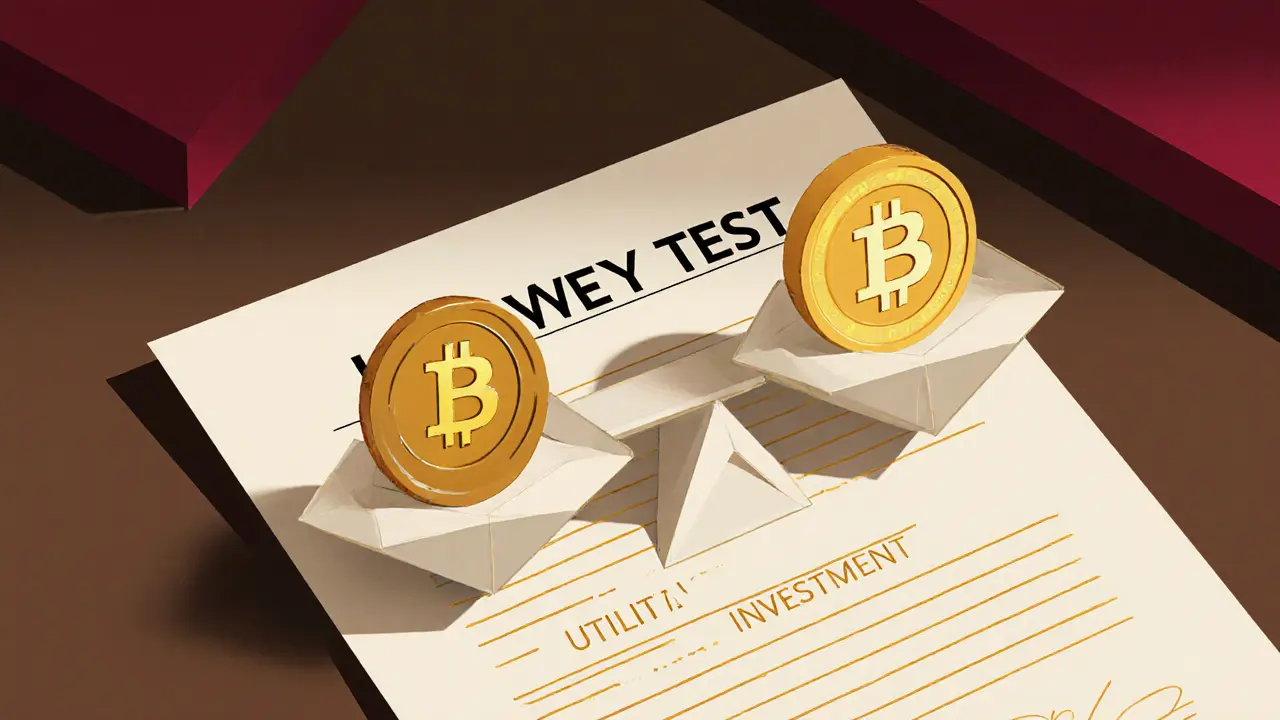Regulation D crypto: What it means for token sales and investors
When you hear Regulation D crypto, a U.S. Securities and Exchange Commission exemption that lets private companies sell securities without a full public offering. Also known as Reg D, it's one of the most common ways crypto startups raise money without going through the long, expensive process of an IPO. Unlike public token sales, Regulation D lets projects sell tokens only to accredited investors, individuals or entities that meet specific income or net worth thresholds set by the SEC. That means if you’re not making over $200,000 a year (or $300,000 jointly) or don’t have a net worth of at least $1 million (excluding your home), you’re locked out. This isn’t about fairness—it’s about legal risk. The SEC treats many crypto tokens as securities, and selling them to the general public without registration is illegal.
Regulation D has two main paths: Rule 506(b) and Rule 506(c). Rule 506(b) lets projects raise unlimited funds from up to 35 non-accredited investors (if they’re sophisticated) and unlimited accredited ones, but no public advertising is allowed. Rule 506(c) lets you advertise—on Twitter, LinkedIn, even podcasts—but you must verify every investor’s accredited status. Most crypto projects pick 506(c) because they need visibility, but verifying investors is messy. You need documents: tax returns, bank statements, letters from accountants or lawyers. It’s not just a formality—it’s a legal shield. If the SEC comes knocking, and you can’t prove you checked, your token sale could be shut down, fines could follow, and your team could face personal liability.
Why does this matter for you? Because Regulation D crypto isn’t just for big firms. It’s used by DeFi protocols, NFT projects, and even early-stage blockchain startups trying to fund development without giving up control to VCs. But if you’re an investor, you’re not getting the same protections as someone buying Bitcoin on Coinbase. No public disclosures, no audit trails, no easy way to sell. You’re betting on a team, a whitepaper, and a promise. And if the project fails? Your money’s gone. That’s why Regulation D crypto is a double-edged sword: it enables innovation, but it also lets bad actors hide behind legal loopholes.
Look at the posts below. You’ll find real examples of how crypto projects navigate these rules—some successfully, some not. There are reviews of exchanges that handle Reg D tokens, guides on how to verify your accredited status, and deep dives into how regulators are cracking down on unregistered sales. You won’t find fluff. Just what you need to know before you invest, raise, or build.

